Natural Bone Healing
Stages of Natural Bone Healing
- Fracture healing passes through stages
- Movement at the fracture site initiates a healing process - callus formation
- Bleeding and clot formation is followed by migration of capillaries and fibroblasts into the broken area
- Vascular and cellular response leads to tissue differentiation and mineralization resulting in restoration of mechanical integrity
Characteristics of Natural Bone Healing
- The aim of fracture healing considered to be ‘cortex - to - cortex’ union, with fracture surfaces directly joining by bone. CC Y????
- It requires the fracture to be immobilized in some way before it can occur.
Process of Natural Bone Healing
- Fractures are joined initially by a cuff of provisional woven bone (bridging external callus). This varies in amount. CC Y ⇒
- cortex - to - cortex union ⇒
- late medullary callus ⇒
- Remodelling and the gradual replacement of bridging bone by medullary callus
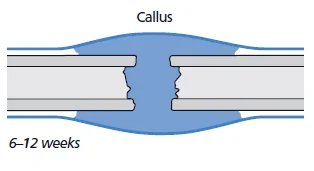
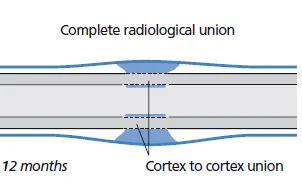
Detailed Stages of Natural Bone Healing
-
Hematoma formation
- Hematoma
-
Fibrocartilaginous callus formation
- Internal callus (fibrous tissue and cartilage)
- External callus
- New blood vessels
- Spongy bone trabeculae
-
Bony callus formation
- Bony callus of spongy bone
-
Bone remodeling
- Healed fracture
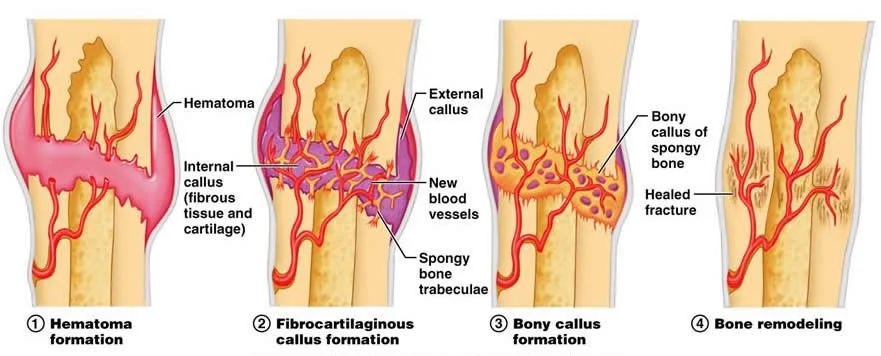
Alternative Description of Fracture Healing Stages
-
Inflammation
- Hematoma
- Mesenchymal cells
-
Soft callus
- Granulation tissue
-
Hard callus
- Intramembranous bone formation
- Enchondral ossification
-
Remodeling


Cascade of Tissue Differentiation
Following a fracture:
- Hematoma
- Granulation tissue
- Connective tissue
- Fibrocartilage
- Mineral deposition
- Bone
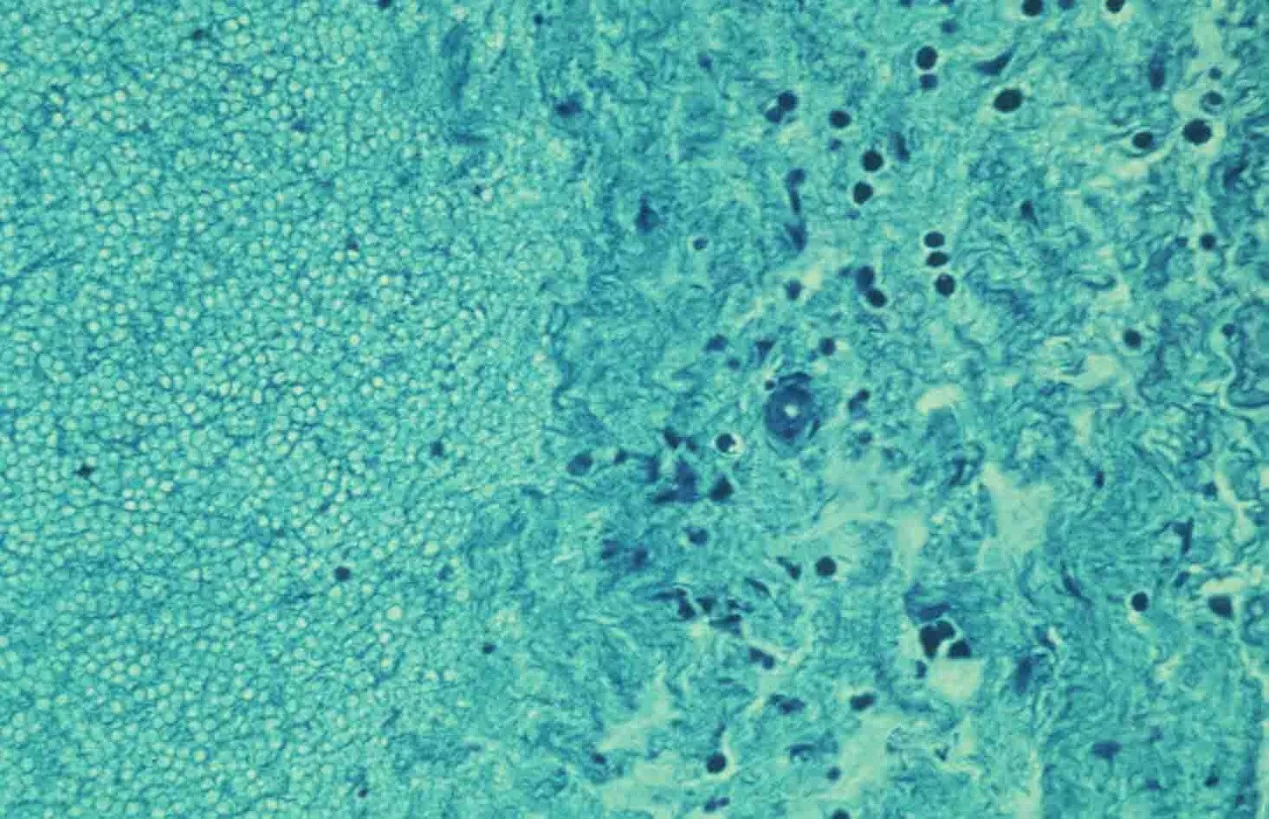
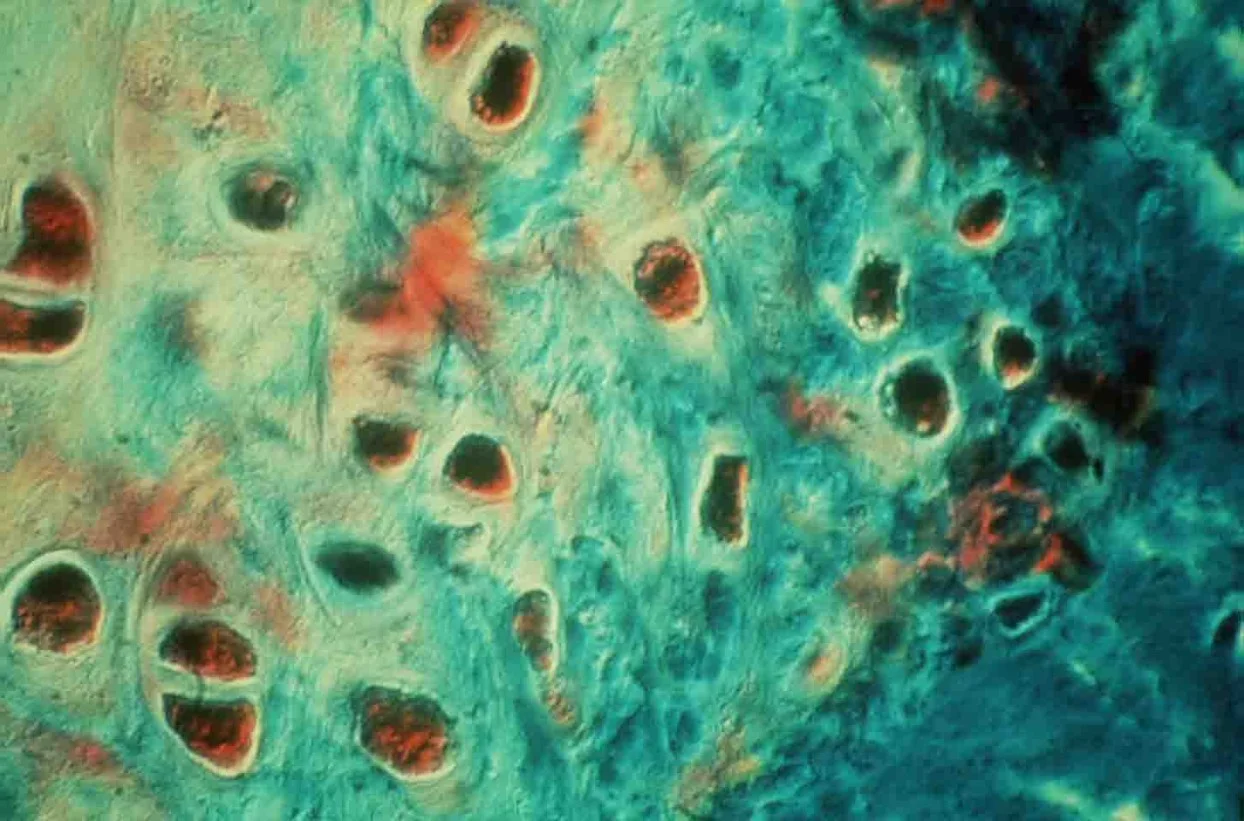
Tissue Differentiation Cascade

Healing Time & Strength
| Process | Timing | Strength |
|---|---|---|
| Hematoma | 2 hrs | 1% |
| Inflammation | 2 days | 5% |
| Soft callus | 2 weeks | 25% |
| Hard callus | 2 months | 74% |
| Re-modeling | 2 years | 100% |
Types of Bone Healing
Indirect Bone Healing
- Ordinary bone healing with callus formation occurs in conditions of relative stability
- Fracture held stable (by cast/splint, or operative fixation)
- Some movement is still possible
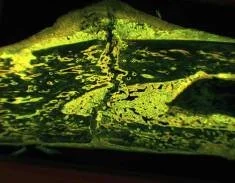
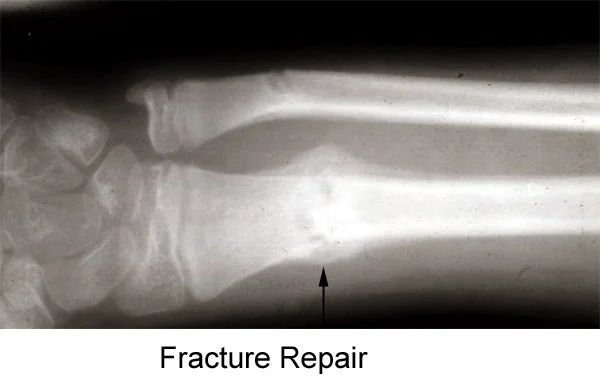
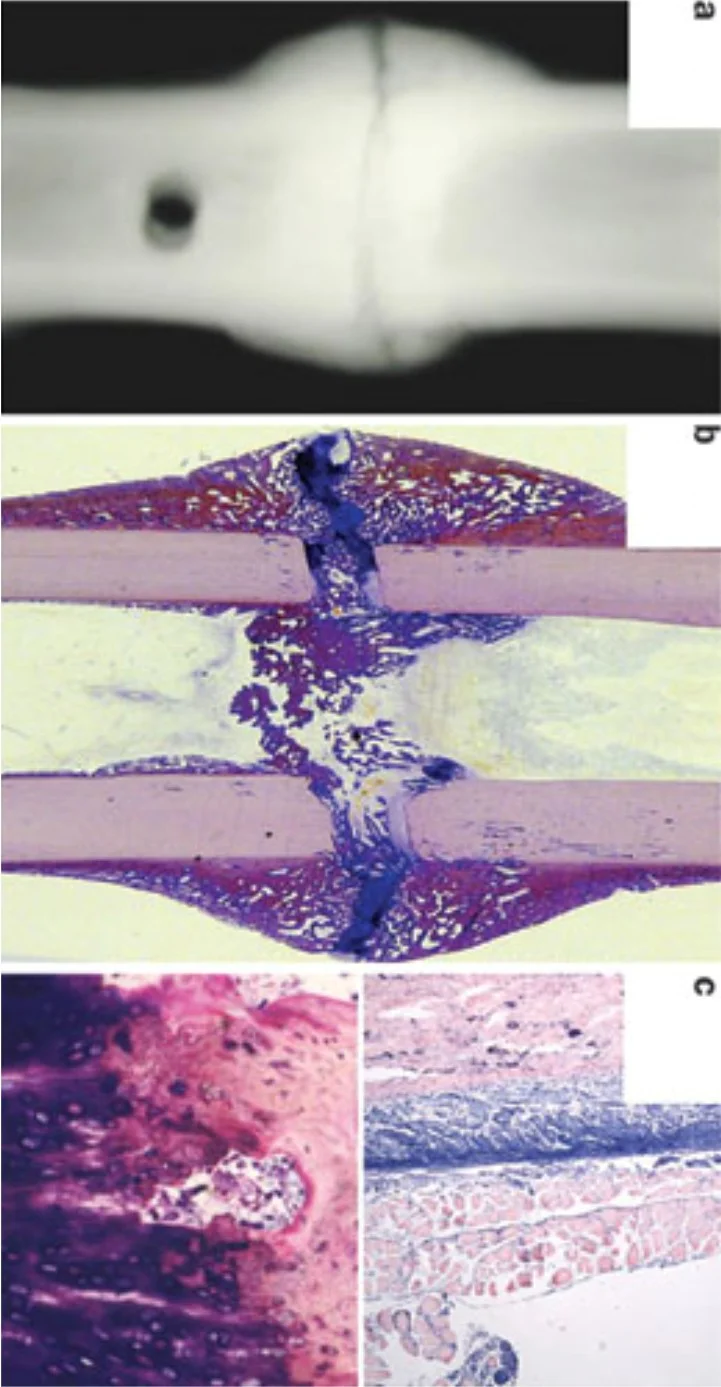
Direct Bone Healing
- With strong fixation and absolute stability Direct bone healing occurs without callus formation
- The rigid internal fixation with compression across the fracture takes the place of the callus. It may replace the first two processes of fracture healing
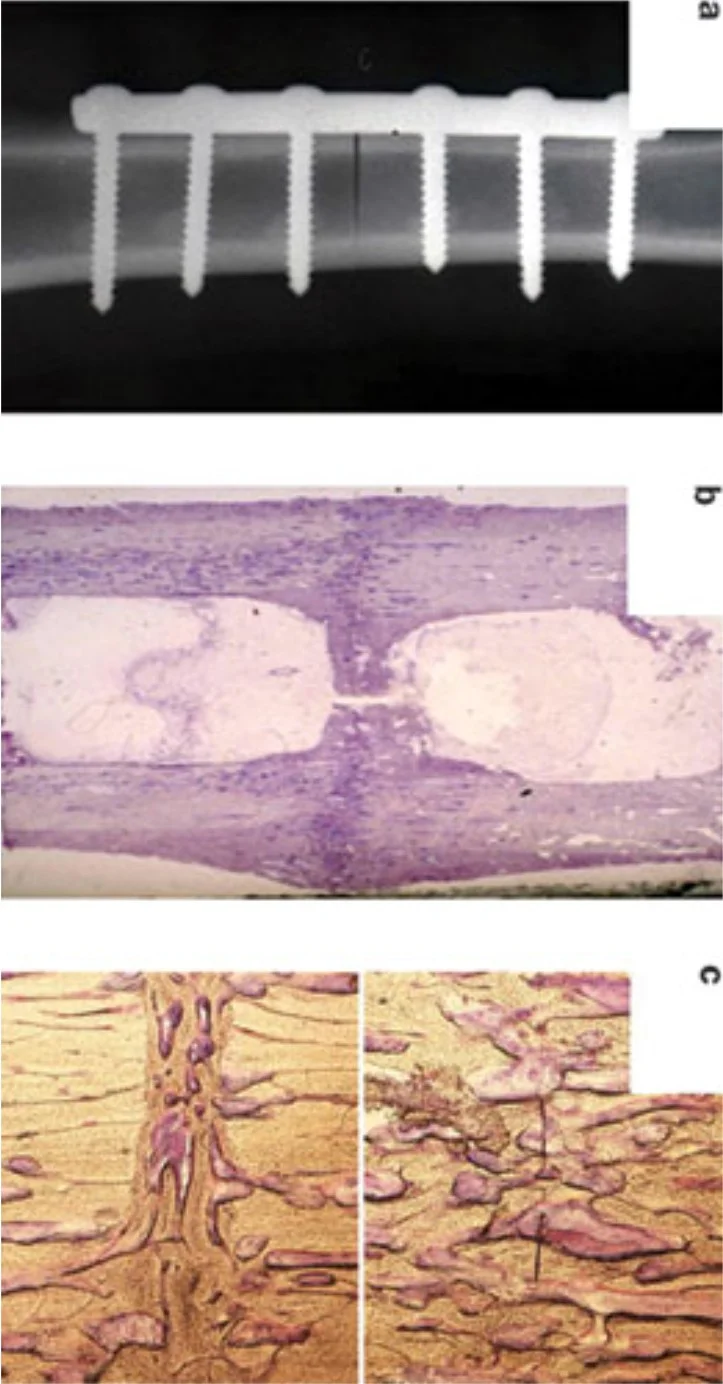
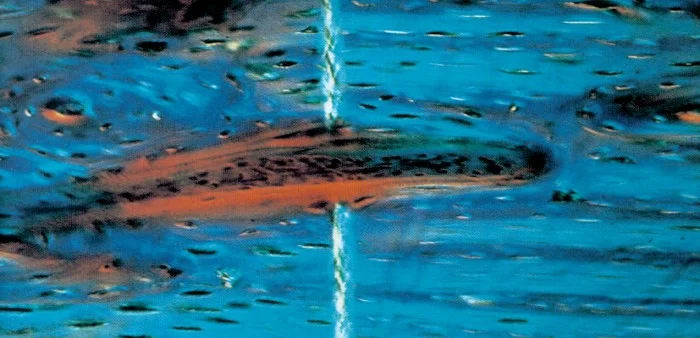
Conditions Necessary for Bone Healing
- Good blood supply
- Controlled motion
- (Relative / Absolute Stability)
- No infection
Unfavorable Factors for Bone Healing
- Impairment of blood supply
- Infection
- Excessive movement (fracture not stable)
- Presence of tumor/cyst
- Interposition of soft tissue
- Any form of Nicotine (smoking)
- Bad nutrition
Average Healing Time
- Children:
- Upper limb: 3-4 weeks
- Lower limb: 2X upper limb (6-8 weeks)
- Adults:
- Upper limb: 2X children (6-8 weeks)
- Lower limb: 2X upper limb (12-16 weeks)
Aims of Fracture Treatment
- Aim of fracture treatment
- Aid healing,
- In normal position,
- Avoiding complications
Principles of Fracture Treatment
- Treat the patient, not only the fracture
- Reduce the fracture
- Immobilize the fracture
- Prevents displacement
- Alleviates pain
- Promotes soft tissue healing
- Mobilize the patient
- Avoid complications